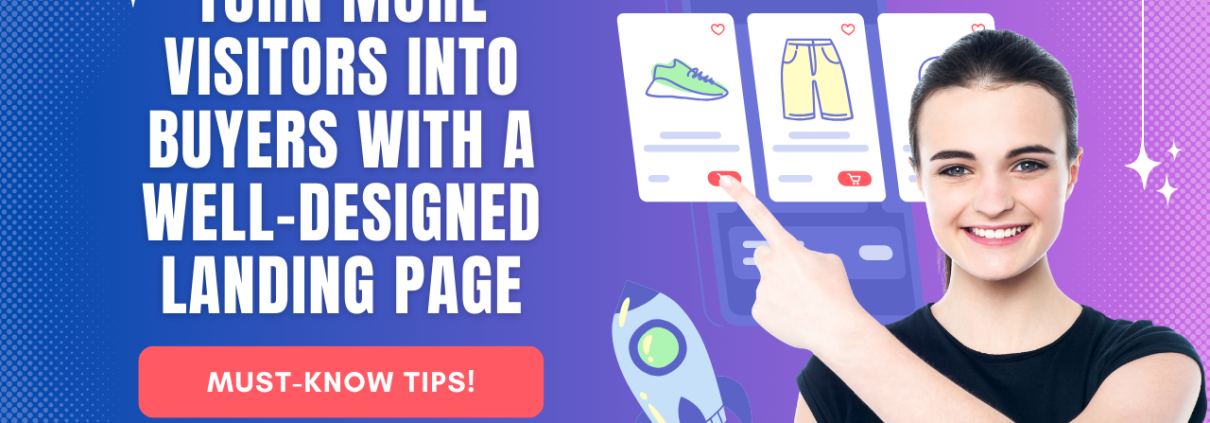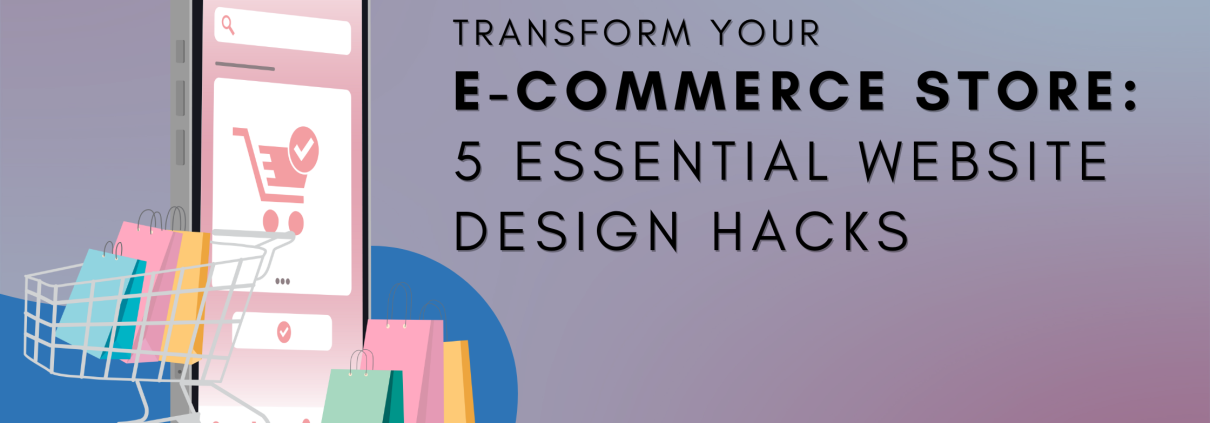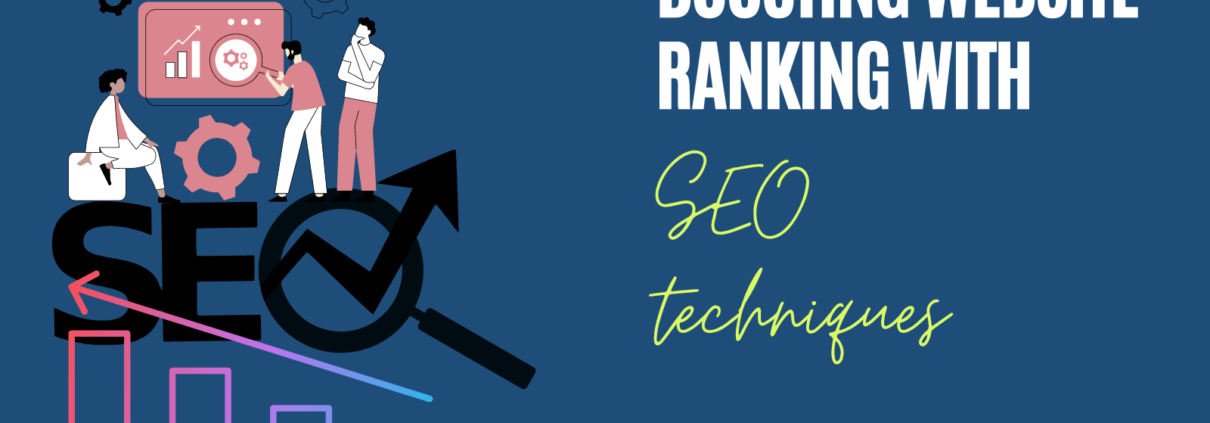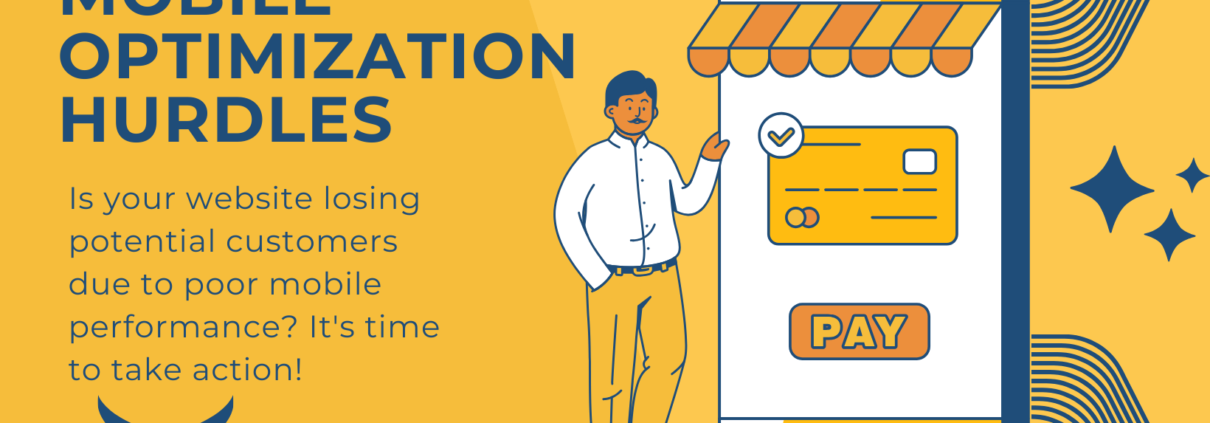The Power of Sales Funnels for E-Commerce Brands: Boosting Conversions and Maximizing Profits
In today’s crowded e-commerce landscape, standing out from competitors and turning casual visitors into paying customers is no small feat. To consistently engage and convert potential buyers, savvy e-commerce brands are turning to one powerful strategy: sales funnels. A well-designed sales funnel is more than just a marketing buzzword—it’s a dynamic, results-driven approach to nurturing leads, building customer loyalty, and ultimately, driving sales. This post delves into the concept of sales funnels, their key stages, and how they can elevate your e-commerce brand’s performance.
What Is a Sales Funnel?
A sales funnel is a visual representation of a customer’s journey, from initial awareness to making a purchase. This step-by-step process effectively guides potential buyers through stages, allowing brands to strategically nurture leads at each touchpoint. Here’s a breakdown of each funnel stage:
- Awareness: At this stage, potential customers become aware of your brand, often through social media, search engine results, blog posts, or ads. This is the first opportunity to capture attention and introduce your brand’s unique value.
- Interest: Once aware, potential buyers may begin researching, comparing, and showing interest in your products. Here, engaging content like email newsletters, product videos, and case studies can nurture that interest.
- Decision: During the decision stage, prospects weigh their options and decide whether your product is right for them. Effective tactics at this point include targeted offers, product reviews, and testimonials to build trust.
- Action: At the funnel’s bottom, the customer is ready to make a purchase. Clear calls to action (CTAs), easy checkout processes, and perhaps limited-time offers are instrumental in driving conversions at this stage.
- Retention and Advocacy: Beyond purchase, retaining and turning customers into loyal advocates is vital. Brands can achieve this through post-purchase follow-ups, loyalty programs, and exclusive content.
Why Sales Funnels Matter for E-Commerce Brands
E-commerce brands face unique challenges—an ever-growing number of competitors, a highly informed customer base, and a digital-first shopping experience. Here’s why implementing a well-thought-out sales funnel can be a game-changer:
- Boosts Conversions
A sales funnel optimizes each stage of the customer journey, tailoring the experience to guide customers toward making a purchase. By nurturing leads and delivering targeted content, you’re more likely to convert visitors who may have otherwise left without buying. - Enhances Customer Engagement
Building strong connections is essential in e-commerce, where customer loyalty can be rare. With a structured funnel, you can engage customers at every stage, from helpful onboarding emails to personalized product recommendations. - Increases Revenue with Cross-Selling and Upselling Opportunities
A funnel allows you to introduce related products at key points. For example, suggesting complementary items on the product page or offering upgrades during checkout encourages additional purchases and maximizes the average order value. - Improves Customer Retention
Retaining customers is far more cost-effective than acquiring new ones. By including retention strategies in your funnel, like exclusive discounts or loyalty points, you encourage repeat purchases, turning one-time buyers into long-term fans. - Provides Data-Driven Insights
Sales funnels offer insights into customer behavior at each stage, from click-through rates on ads to abandoned carts. These insights allow e-commerce brands to refine their marketing tactics, hone in on what works, and continuously improve their strategy.
Building a High-Performing Sales Funnel: Tips for E-Commerce Brands
If you’re ready to harness the power of sales funnels, here are some actionable steps to create one that aligns with your e-commerce goals:
- Understand Your Audience
Define your target audience and understand their preferences, pain points, and buying motivations. Personalization is key in sales funnels, so segment your customers and offer tailored content that resonates. - Create High-Value Content for Each Funnel Stage
Use a mix of content types to reach customers at each stage of the funnel. Consider blog posts and social media content for awareness, email newsletters for nurturing interest, and detailed product descriptions or reviews for decision-making. - Optimize Your Product Pages
Your product pages should be informative, visually appealing, and optimized for search engines. Include high-quality images, videos, customer reviews, and clear pricing details to build trust. - Utilize Retargeting Ads
Retargeting ads can help bring back visitors who showed interest but didn’t convert. Use dynamic ads to showcase products they viewed and incentivize them with discounts or limited-time offers. - Simplify the Checkout Process
An overly complicated checkout process can lead to abandoned carts. Streamline this experience with a guest checkout option, mobile-friendly design, and transparent shipping costs to reduce friction and boost conversions. - Build Loyalty Programs
After the sale, continue nurturing customers with exclusive rewards, discounts, and personalized offers to encourage repeat business and foster brand loyalty.
The Future of Sales Funnels in E-Commerce
Sales funnels are evolving, with technology playing a central role. AI-powered tools now enable brands to personalize each customer’s experience based on their behavior and preferences. Automation is also key, allowing e-commerce brands to streamline their processes, maintain engagement, and scale their sales funnels effortlessly.
In the e-commerce world, a robust sales funnel can mean the difference between a one-time purchase and lifelong customer loyalty. By understanding and implementing each stage, e-commerce brands can build lasting relationships, drive consistent sales, and create experiences that set them apart from competitors.
Conclusion
Sales funnels empower e-commerce brands to connect with customers more meaningfully and strategically. By guiding potential buyers through each stage of the buying journey and using data-driven insights to optimize performance, brands can maximize conversions and unlock higher revenue potential. Embrace the power of sales funnels to elevate your e-commerce business and cultivate a loyal customer base that keeps coming back.









